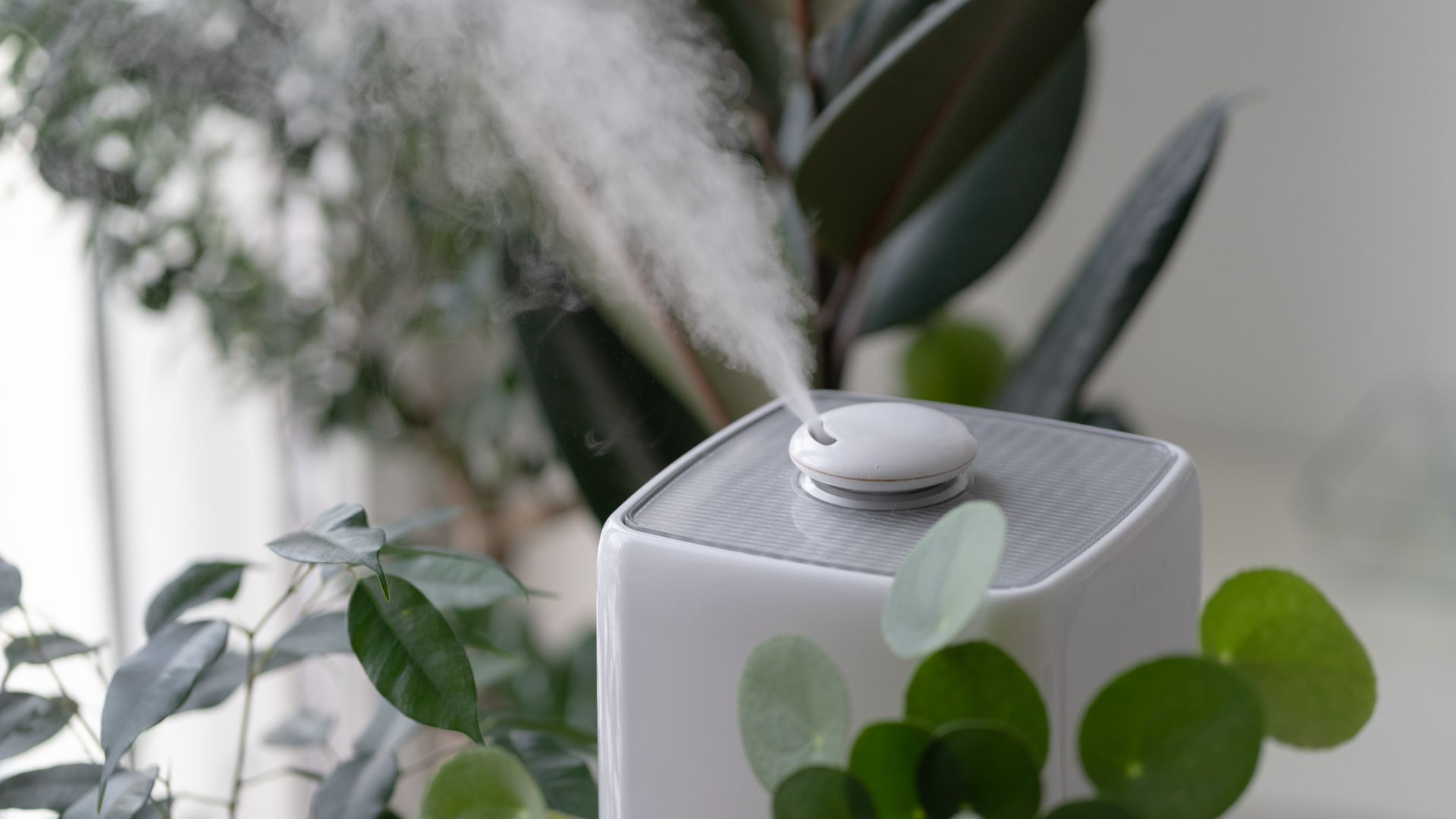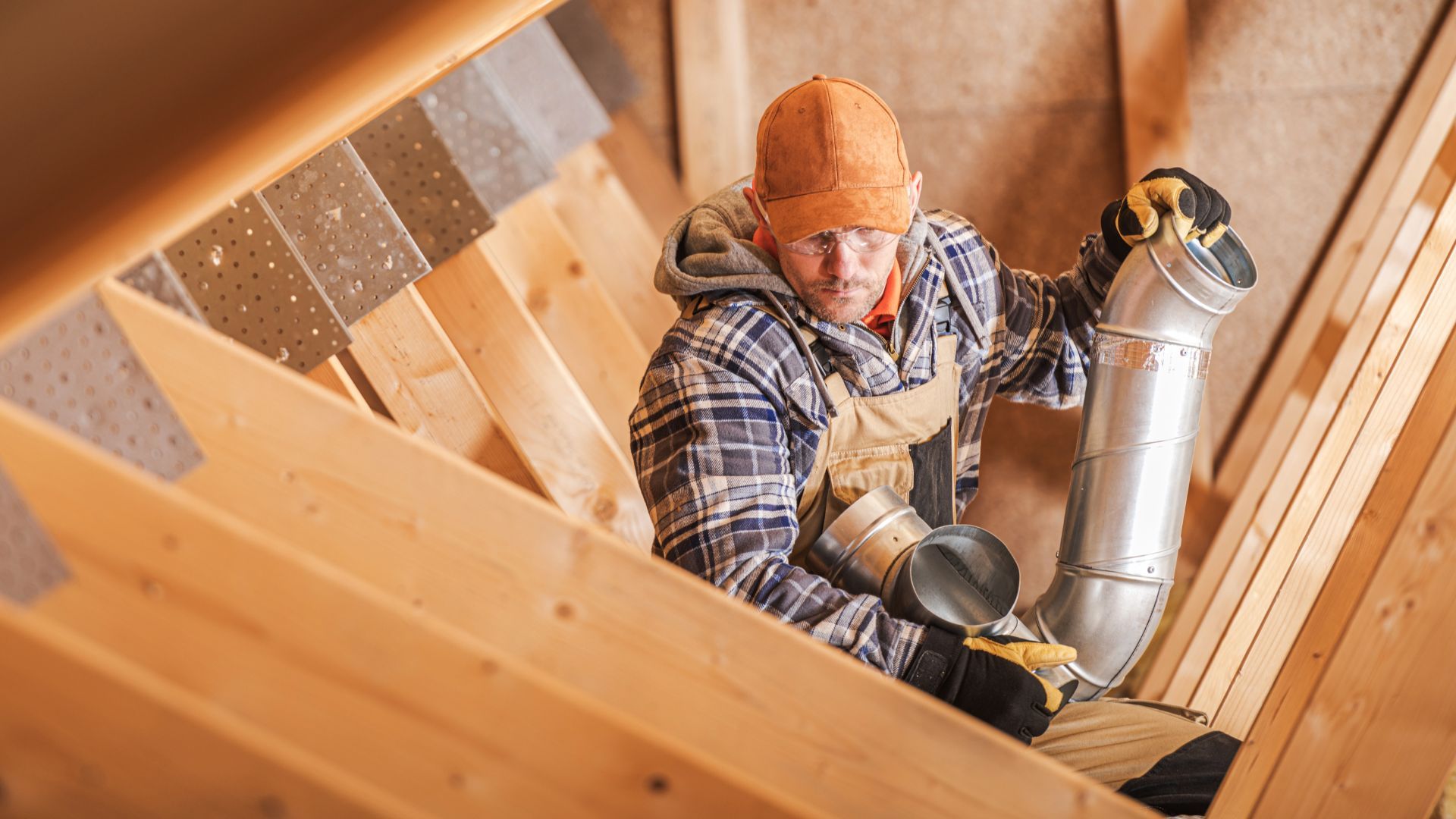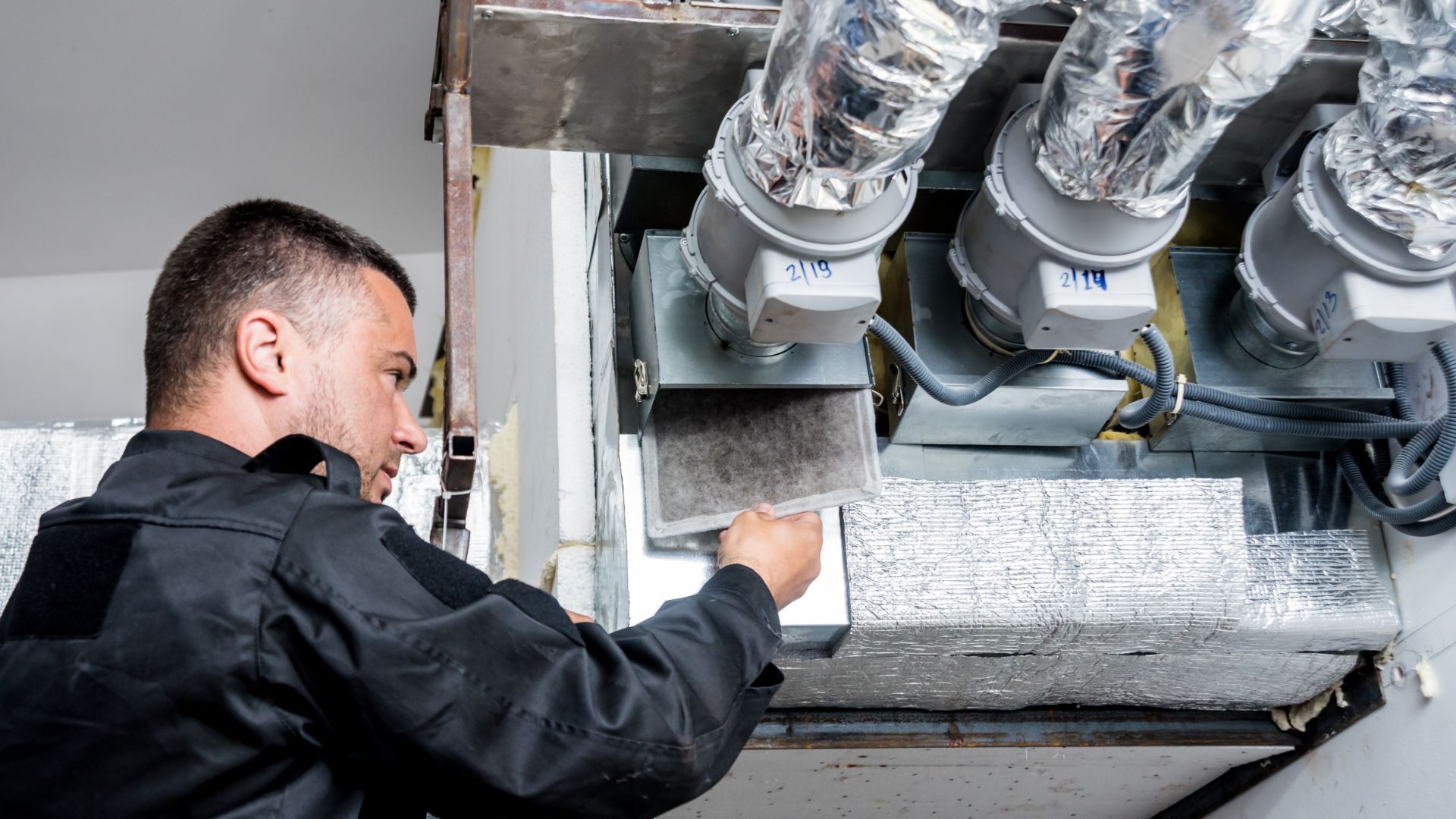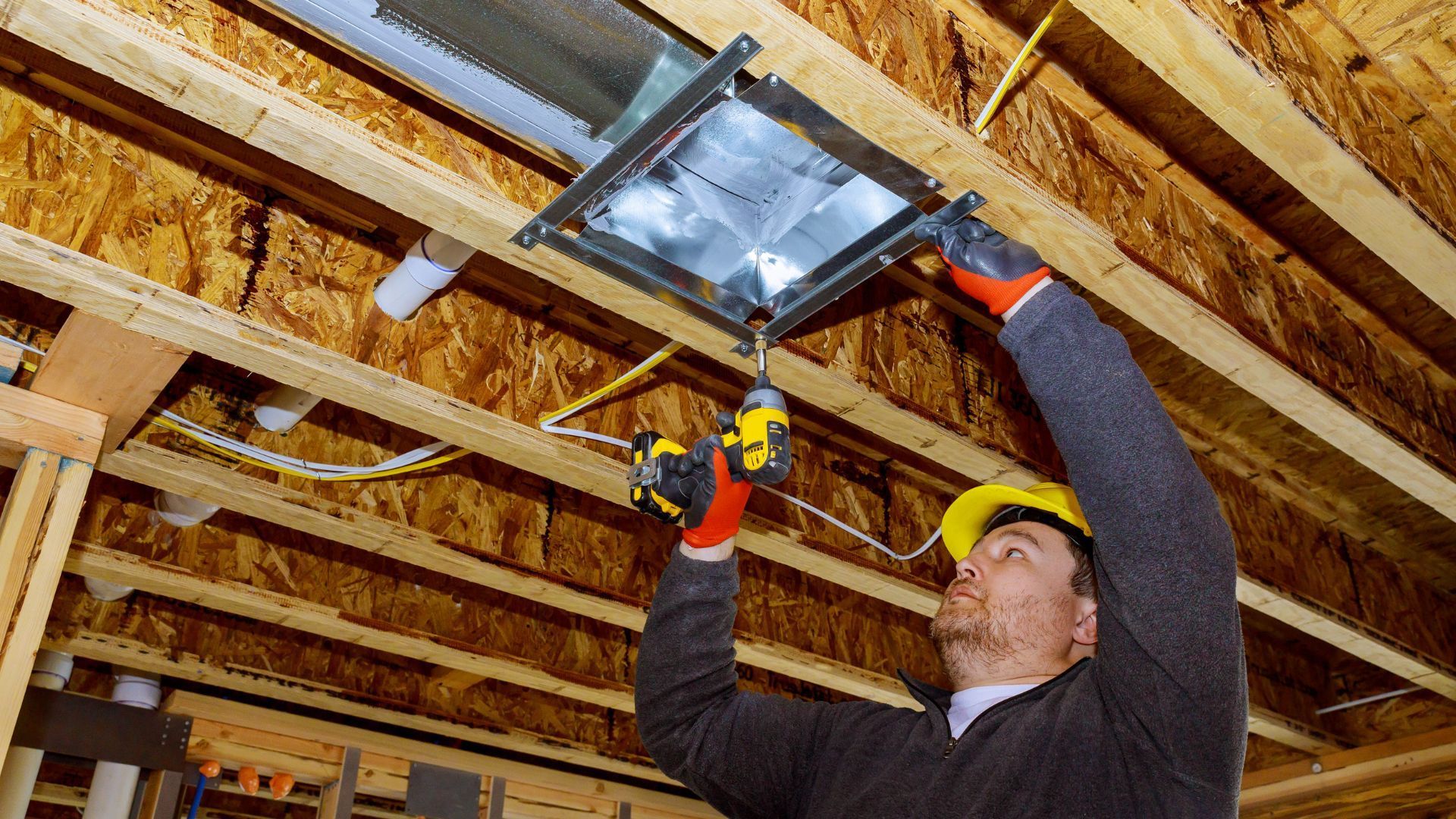Working Hours: Monday - Friday 08:00 AM - 04:30 PM
The Basics of HVAC Ventilation: How it Works and Why it's Important
The Basics of HVAC Ventilation: How it Works and Why it's Important

HVAC ventilation is a crucial component of any heating, ventilation, and air conditioning (HVAC) system. It is responsible for exchanging indoor and outdoor air to maintain a healthy and comfortable indoor environment. In this article, we will explain how HVAC ventilation works and how it is used to regulate air quality in homes and buildings.
What is HVAC Ventilation
HVAC ventilation refers to exchanging indoor and outdoor air using fans, ducts, and vents. It is a key component of any HVAC system, which is used to control the temperature, humidity, and air quality in a building. The main function of HVAC ventilation is to bring in fresh outdoor air and exhaust stale indoor air in order to maintain a healthy indoor environment.
How HVAC ventilation Works
HVAC ventilation works by using fans and ducts to bring in fresh outdoor air and exhaust stale indoor air. There are three main types of HVAC ventilation systems: natural, mechanical, and hybrid.
Natural ventilation relies on the natural movement of air through open windows and doors to exchange indoor and outdoor air. This type of ventilation is often used in buildings with good airflow, such as high ceilings or large windows.
Mechanical ventilation uses fans and ducts to actively exchange indoor and outdoor air. This type of ventilation is often used in buildings with poor airflows, such as those with multiple floors or small windows.
Hybrid ventilation combines natural and mechanical ventilation, using open windows and fans to exchange indoor and outdoor air. This type of ventilation is often used in buildings that require more control over the indoor environment, such as hospitals and schools.
The key components of an HVAC ventilation system include the intake and exhaust vents, the ductwork, and the fans. The intake vents bring fresh outdoor air, while the exhaust vents remove stale indoor air. The ductwork carries the air from the vents to the fans, which push the air through the system.
Benefits of HVAC Ventilation
HVAC ventilation has numerous benefits, including improved air quality, energy efficiency, and reduced risk of indoor air pollution. Proper ventilation helps to maintain good indoor air quality by removing contaminants such as dust, pollen, and other allergens. This can help to reduce the risk of allergies, asthma, and respiratory infections.
HVAC ventilation can also increase energy efficiency by allowing buildings to use natural ventilation instead of relying on mechanical systems to cool or heat the air. This can lead to significant energy savings and reduced energy costs.
Factors that affect HVAC Ventilation
Several factors can affect the performance of an HVAC ventilation system, including the size and layout of the building, the climate, and the number of occupants. It is important to properly size an HVAC ventilation system to ensure it can effectively exchange indoor and outdoor air.
The climate also plays a role in HVAC ventilation, as buildings in warm climates may require more ventilation to keep the air cool and dry, while buildings in cold climates may need less ventilation to keep the air warm and humid.
The number of occupants in a building can also affect the performance of an HVAC ventilation system, as more people generate more heat and moisture, which can increase the need for ventilation.
Maintaining and Troubleshooting
Proper maintenance is essential to ensure that an HVAC ventilation system is operating efficiently and effectively. This includes regularly replacing air filters, cleaning ducts and vents, and inspecting the system for any issues. Regular professional maintenance and servicing are also important for maintaining the performance of an HVAC ventilation system. This can help to identify and fix any problems before they become serious, ensuring that the system continues to operate effectively.
If you are having issues with your HVAC ventilation system, there are a few things you can try to troubleshoot the problem. First, check to ensure that all the vents and ducts are open and clear of any obstruction. You should also check the air filters and replace them if they are dirty. If the problem persists, it may be necessary to call a professional HVAC technician to diagnose and fix the issue.
Conclusion
In conclusion, HVAC ventilation is a crucial component of any HVAC system, responsible for exchanging indoor and outdoor air to maintain a healthy and comfortable indoor environment. Proper HVAC ventilation can improve air quality, increase energy efficiency, and reduce the risk of indoor air pollution.
It is important to properly size and maintain your HVAC ventilation system to ensure it is operating effectively. By learning more about HVAC ventilation and considering the benefits of installing a high-quality system in your home or building, you can improve the quality of your indoor environment and the overall comfort of your space.
Want to upgrade your air quality while in London, Ontario? Visit our website to choose excellent products that fit your needs!

INFORMATION
176 Rectory St, London, ON N5Z 2A5, Canada
Follow us on Facebook
BROWSE OUR WEBSITE
EMERGENCY SERVICE









